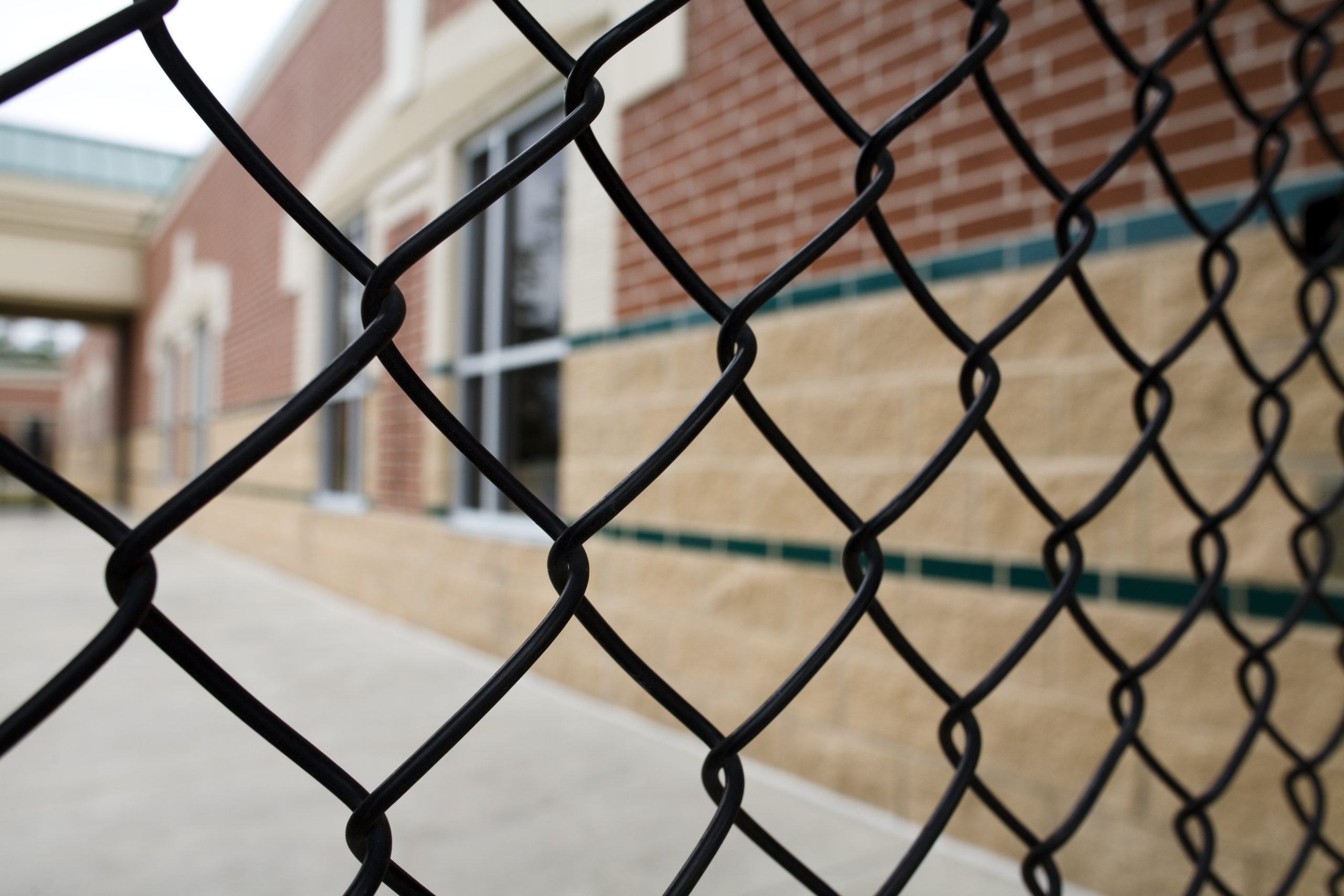Results of the 2023–24 Women Leading Ed Insight Survey released in March show that many women are still dealing with the same professional challenges they’ve experienced for decades.
Existing research cited by Women Leading Ed found that while more than 80 percent of teachers are women, just 50 percent are principals and only 30 percent serve as superintendents of the largest school districts in the nation. “The data clearly show a glass cliff in education leadership,” according to Women Leading Ed; however it does not account for individual’s experiences in the field.
To fill that information gap, the national nonprofit network for women in education leadership conducted a first-of-its-kind survey to identify the views and experiences of women in education leadership roles across the U.S. More than 110 respondents — representing 81 school systems in 28 states, including California — took part in the survey between November 2023 and January 2024. Participants were diverse in age, racial/ethnic background and career experience.
“The findings show that women in these positions — including top district and state jobs — nearly universally experience bias that impacts their ability to do their job, how they feel about their work, and their overall well-being,” according to the organization. “In matters both big and small, these women say that they are treated, spoken to, and viewed differently than their male colleagues and this impacts everything from salary, promotions, sponsorship, and career ladder opportunities. The survey makes clear: women face a different set of rules than men in leadership.”
Eighty-two percent of those surveyed reported feeling external pressure to dress, speak or behave in certain ways “often or sometimes” because they are a woman in a superintendent or senior leadership role. Women of color experience even more pressure.
“In preparation for a presentation, I was told that I shouldn’t wear pants, I should wear a skirt so that I don’t come off as intimidating,” one district superintendent said.
Ninety-five percent of female superintendents reported feeling that they have to make sacrifices that their male peers do not and recounted facing expectations to overperform professionally. “Coupled with the additional responsibilities that they often carry in their personal lives — managing households, the care of children or parents — these women face real trade-offs that lead them to make sacrifices they do not see their male colleagues being forced to make,” according to Women Leading Ed.
Survey respondents also reporting believing they were overlooked or passed up for advancement opportunities given to male colleagues, inclinations that the outcomes of salary conversations/negotiations were influenced by their gender and regular encounters rooted in bias.
“[When applying for a top district job, I was asked] ‘Tell me about your children. What does your family think? You need to overcome being a woman. What does your husband think?’” a district leader recalled.
“The experiences of women show that for all the purported progress women have made, they are still operating within decades-old gender stereotypes and resulting inequality,” according to the organization.
The survey found that women are often pushed toward academic pathways and away from fiscal or operational roles. When women do secure leadership roles such as principalships, they are more often placed in elementary school settings while their male counterparts are placed in high schools. Pay gaps persist between genders in the overall job market and in education.
Well-being
The bias experienced by respondents takes a physical and mental toll as they report feeling pressure to take on additional responsibilities to prove themselves in ways male peers do not.
Six of 10 of the women surveyed have thought about leaving their job due to the strain and stress and many think about it on a daily, weekly or monthly basis.
Family-related factors like the “motherhood penalty” and providing elder care create challenges when striving to balance work and personal responsibilities. Sixty percent of those surveyed said they are able to balance these responsibilities well or very well. “These results appear to indicate that while effectively balancing personal and professional responsibilities is a very significant challenge for women in education leadership, it isn’t an impossible one. Research shows that family-friendly policies benefit the entire workforce. With more support, leaders are better sustained and more resilient,” according to Women Leading Ed.
Immediate systemic change is needed to address these issues, according to the organization. Its report, The Time Is Now: A New Playbook for Women in Education Leadership, highlights research, strategies and best practices that can be used to alter the leadership ladder.





